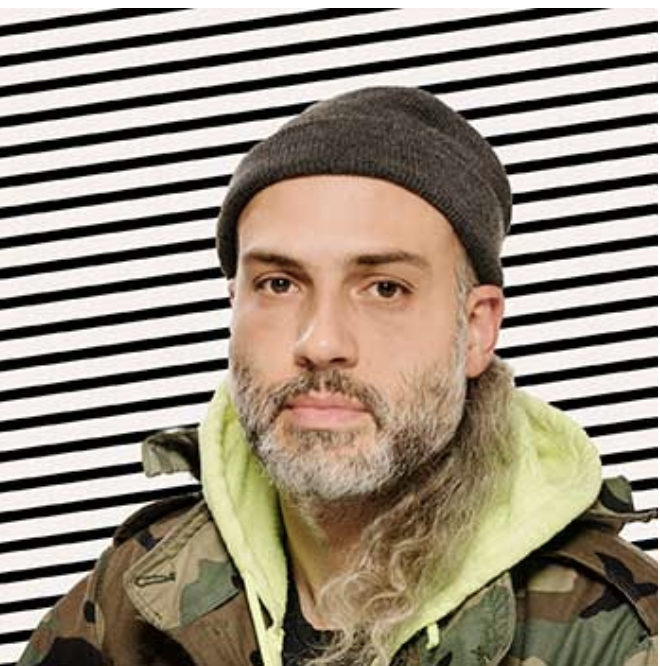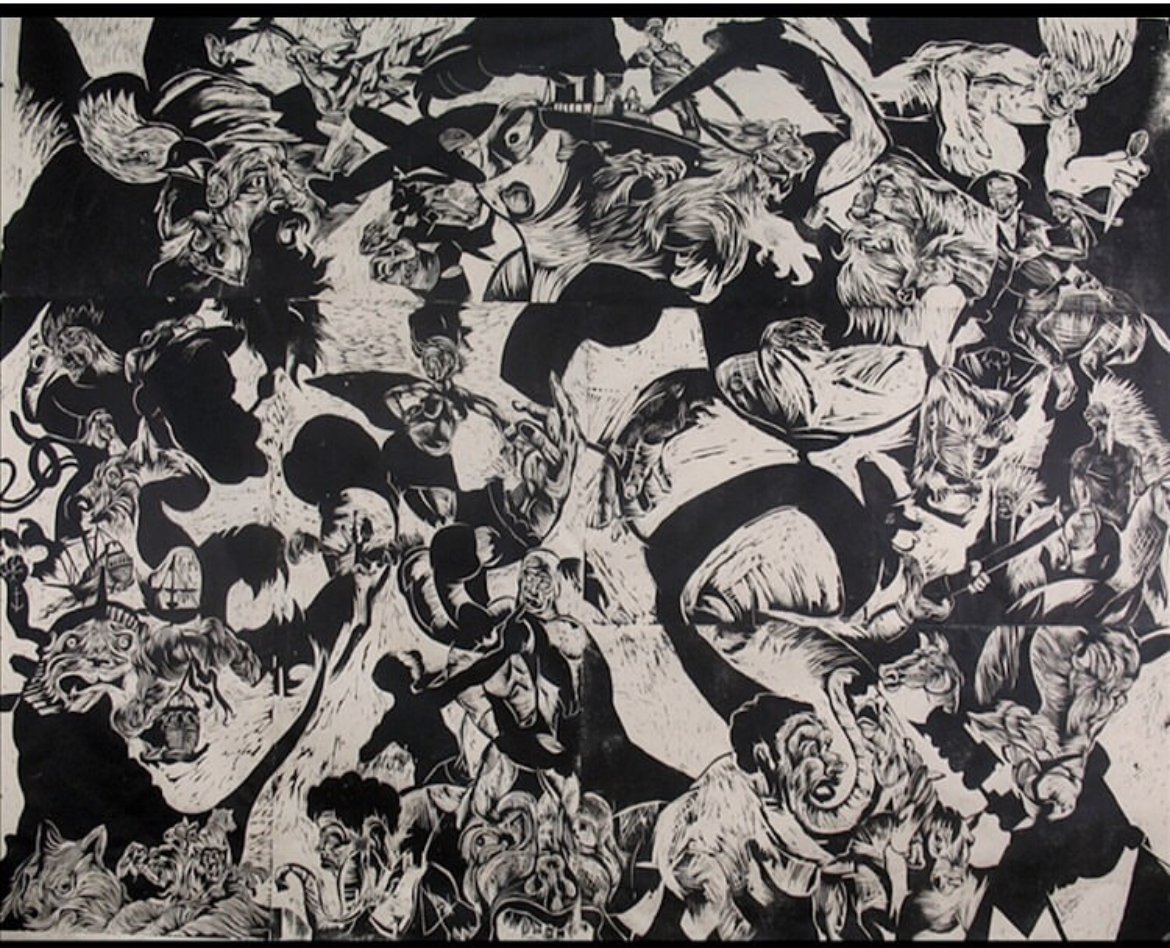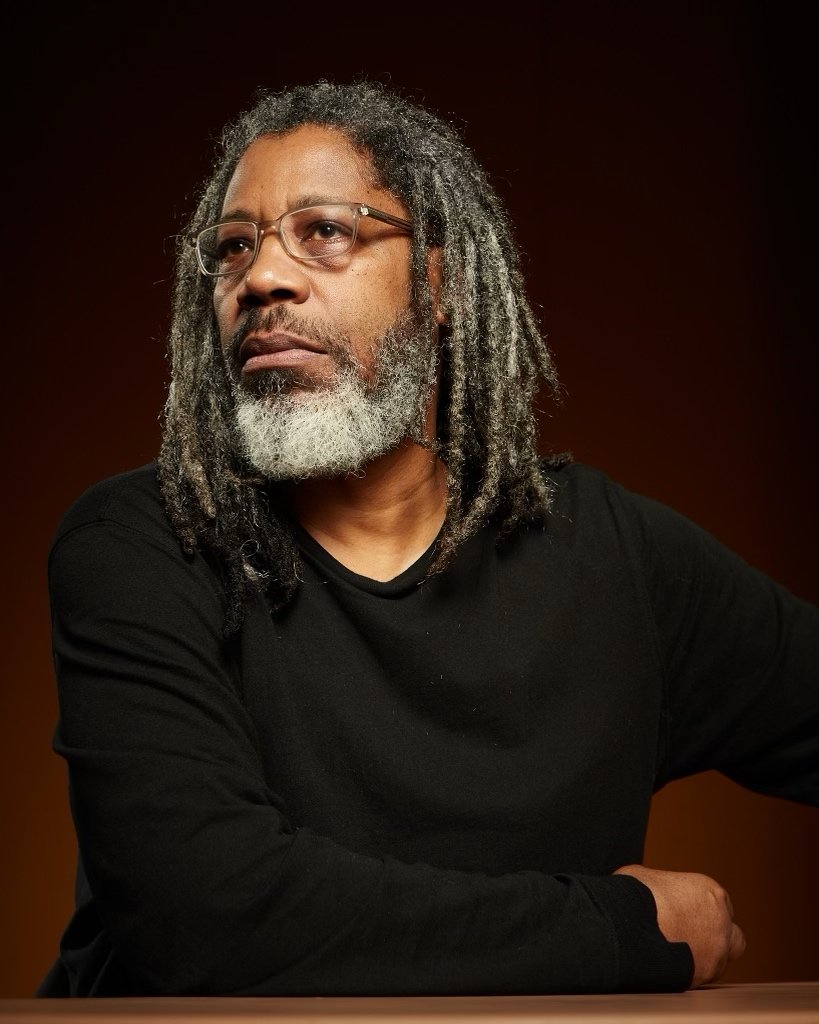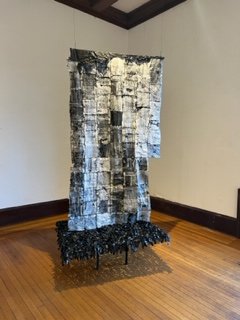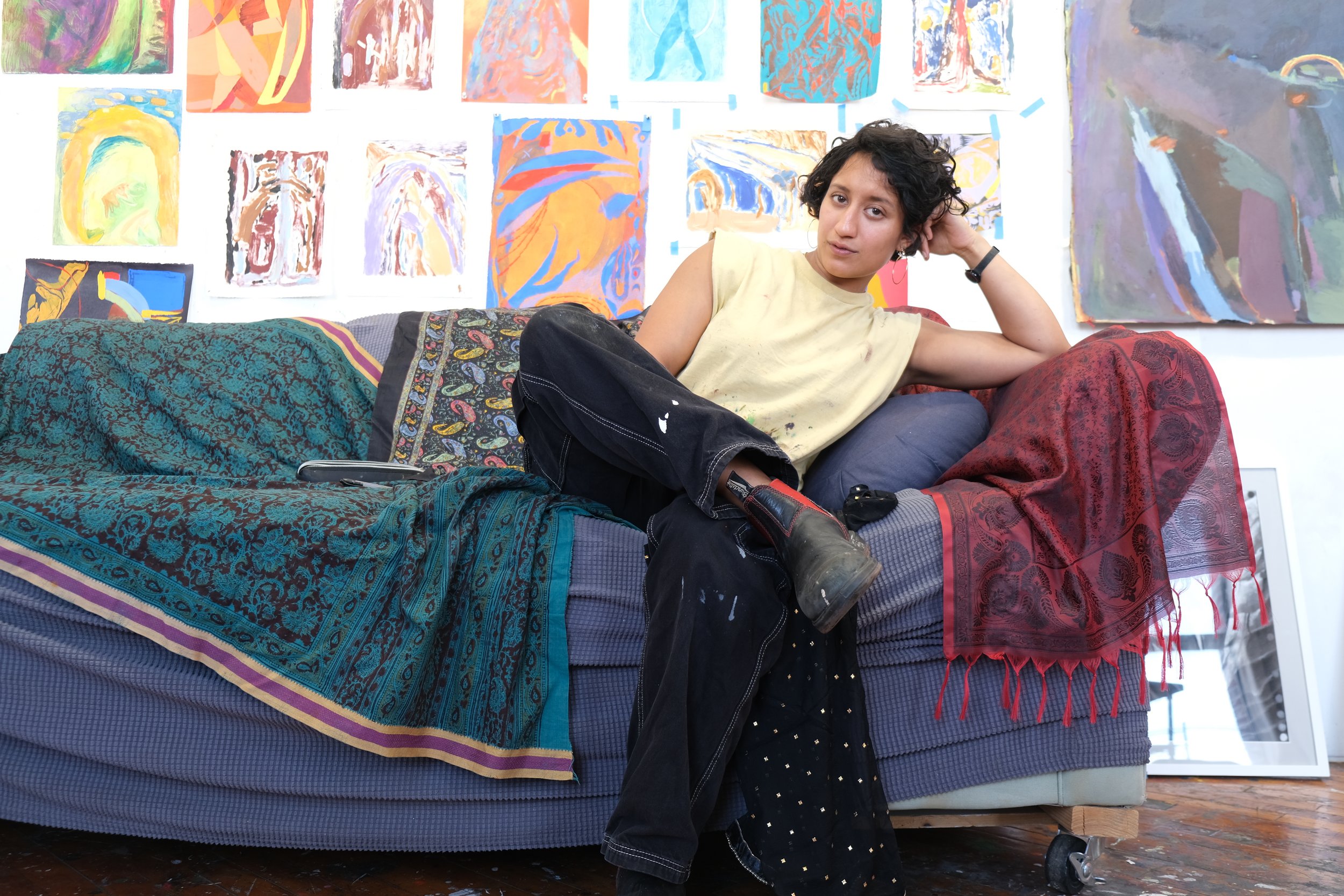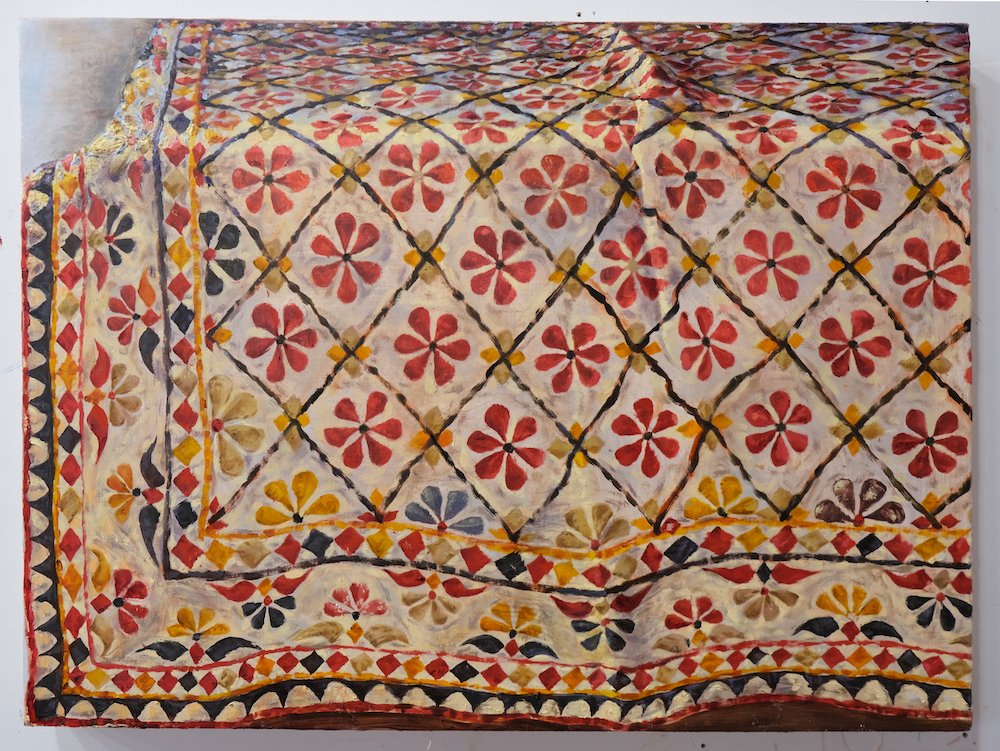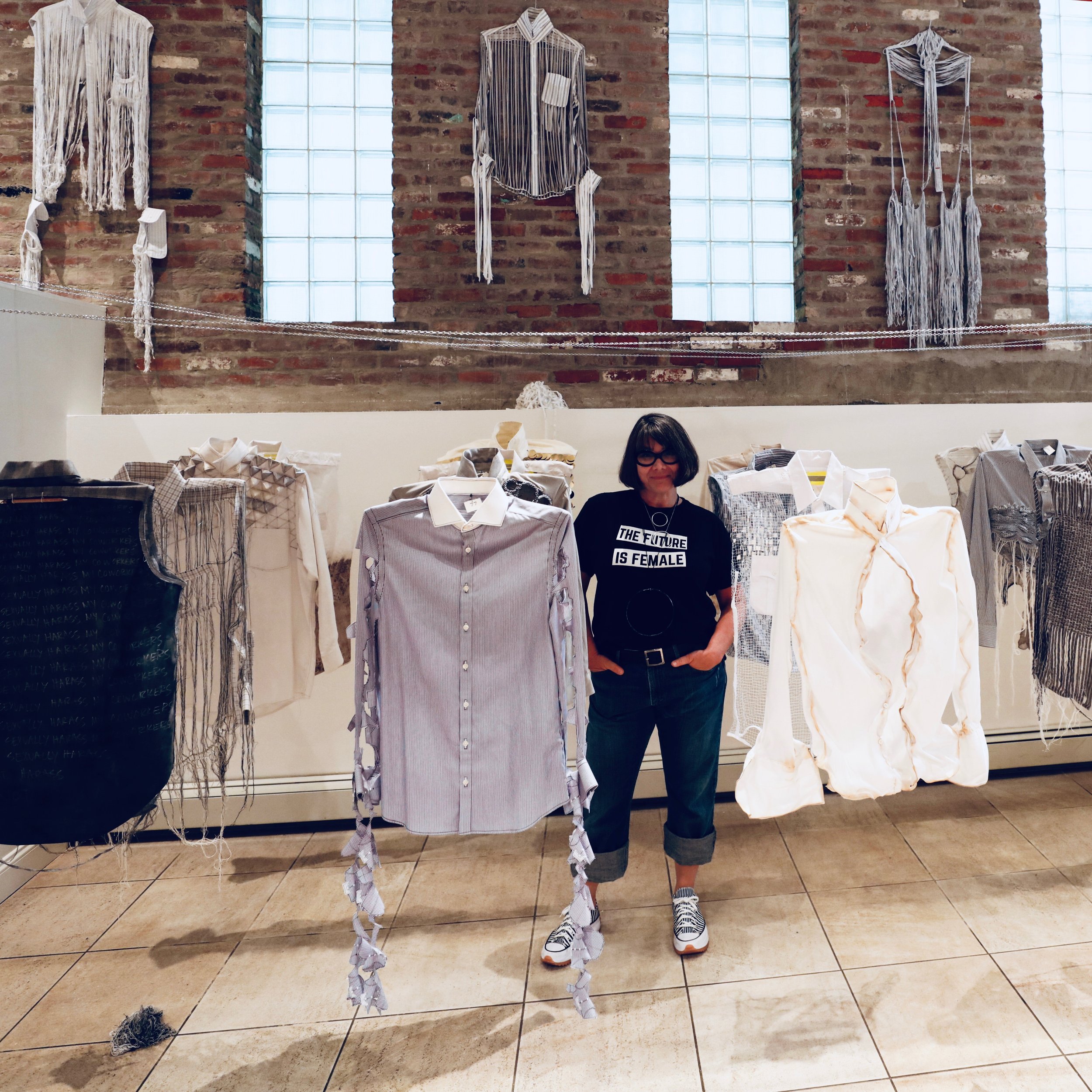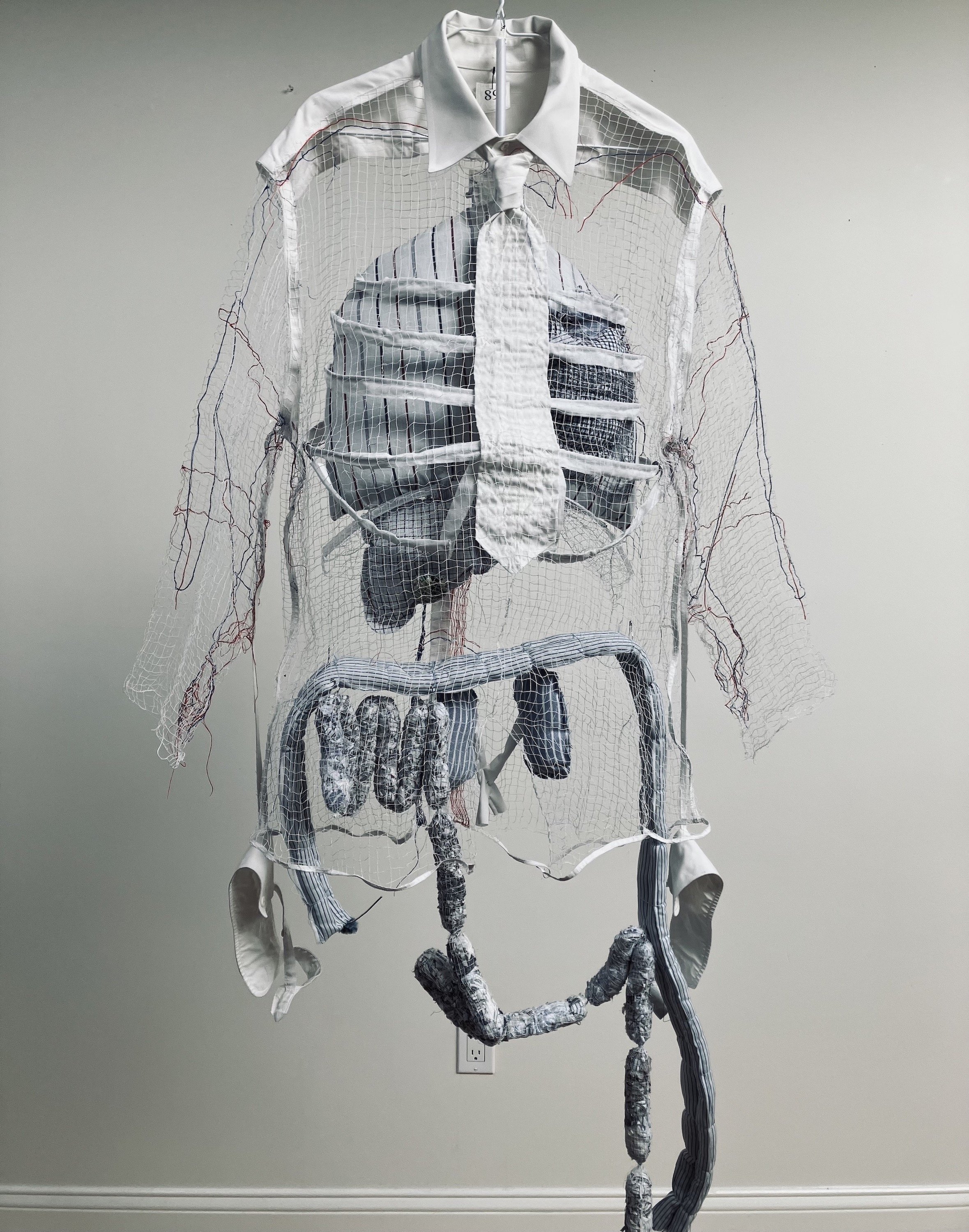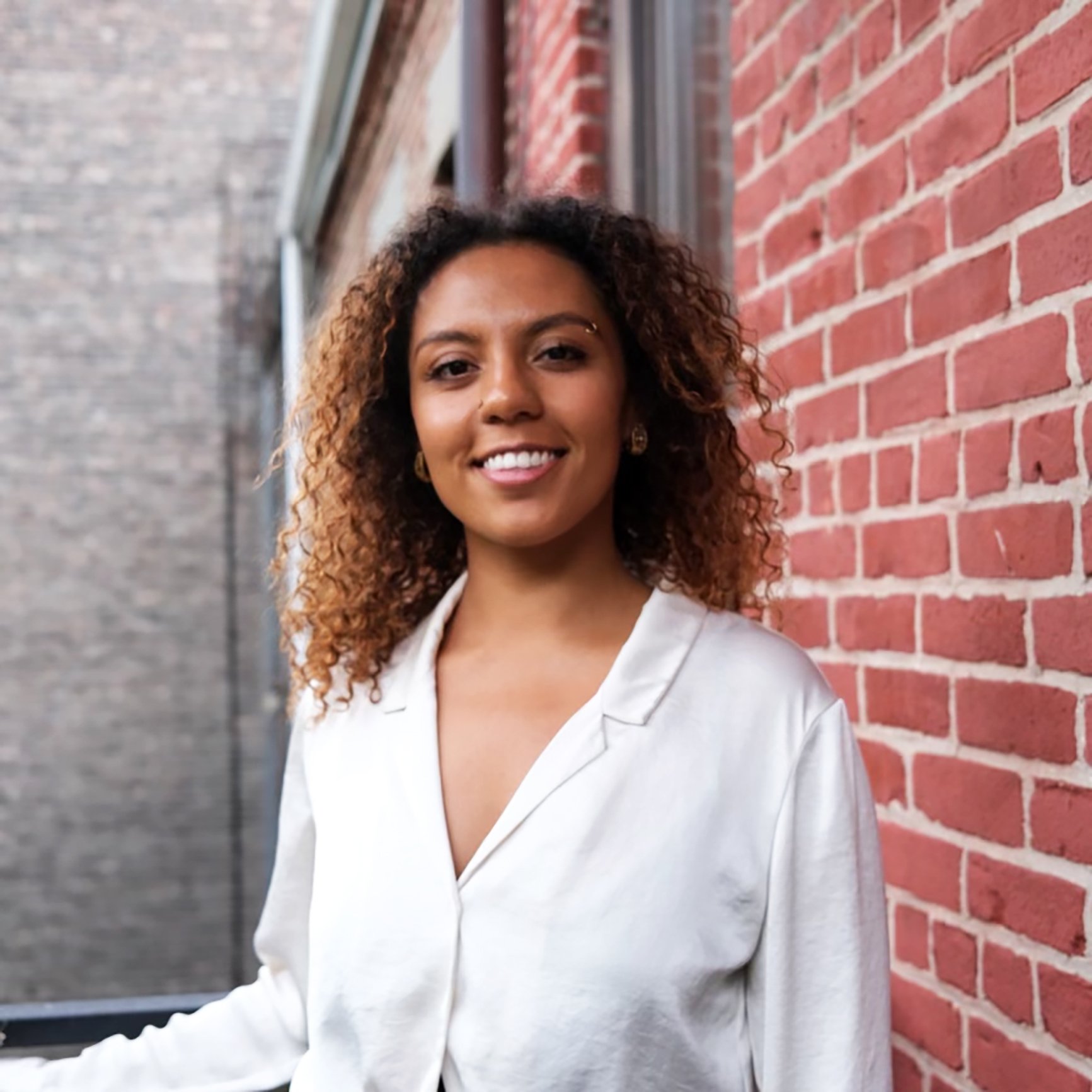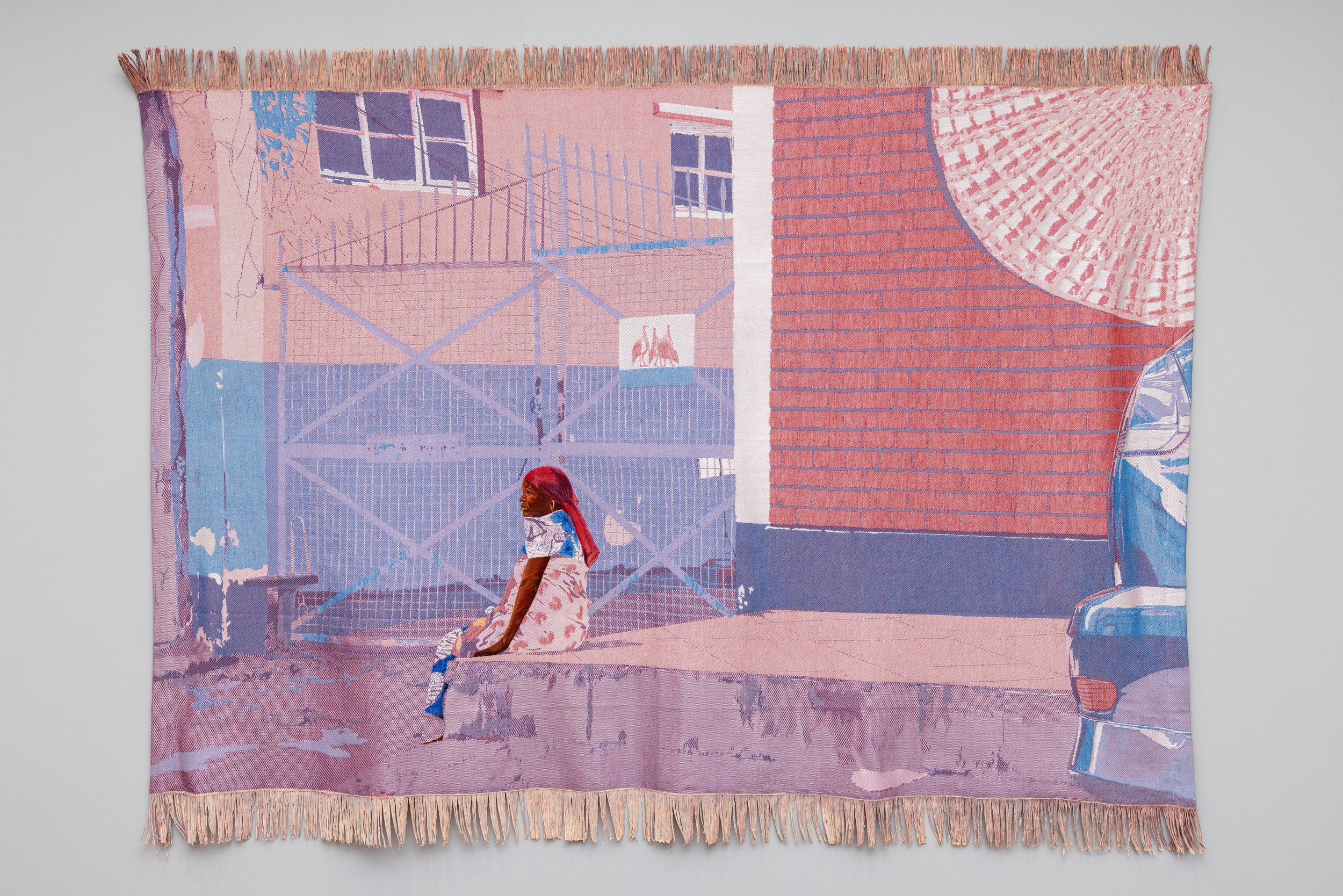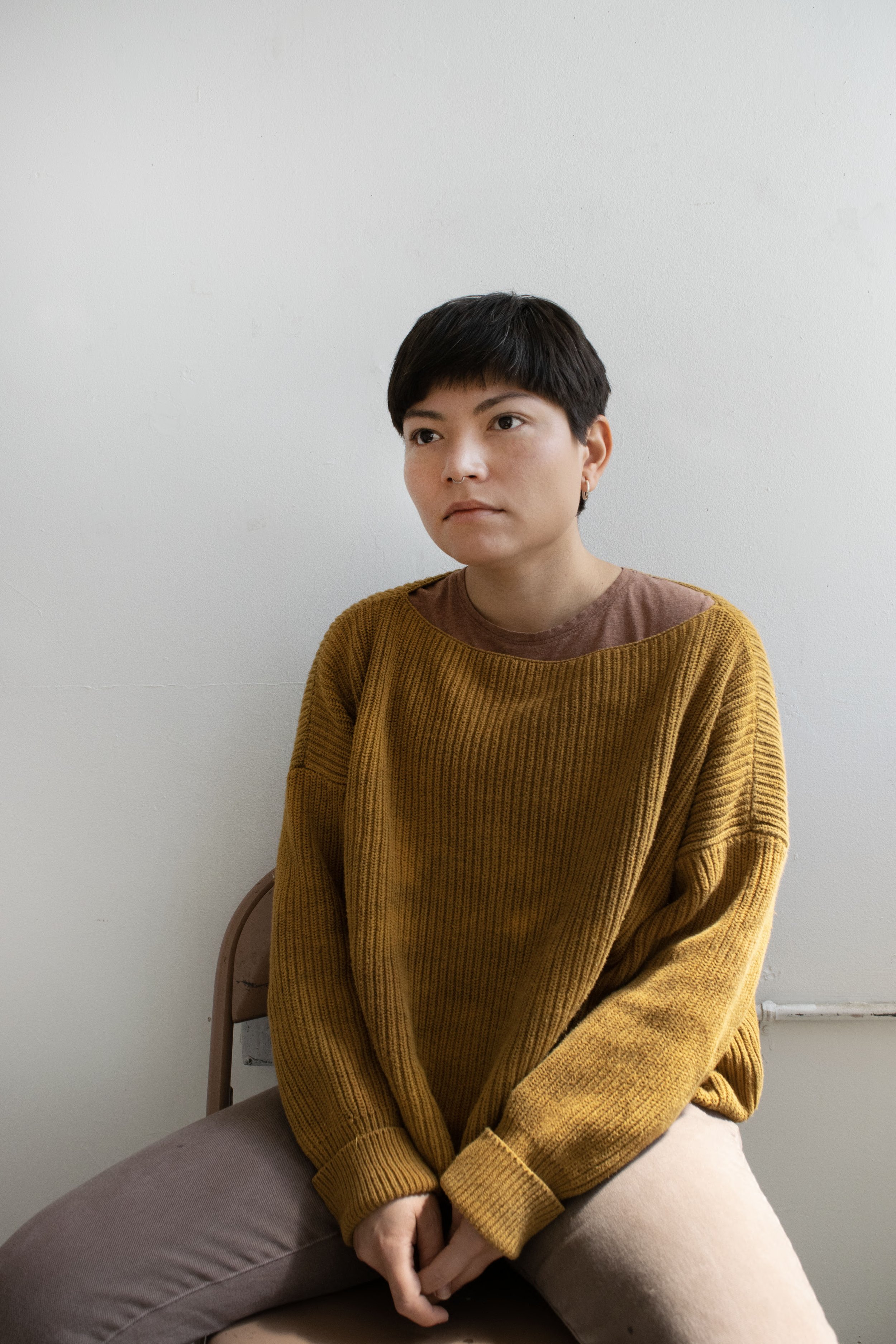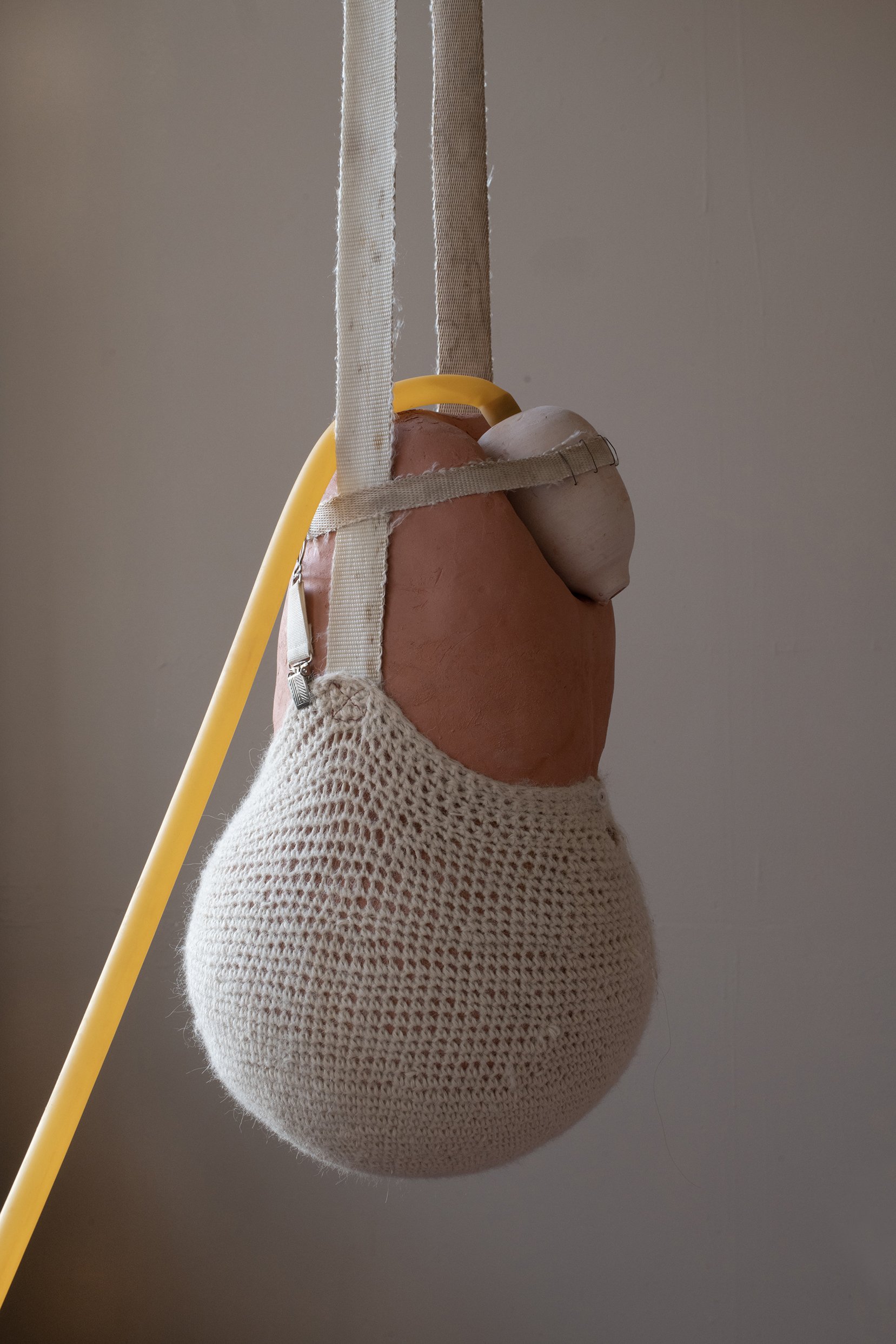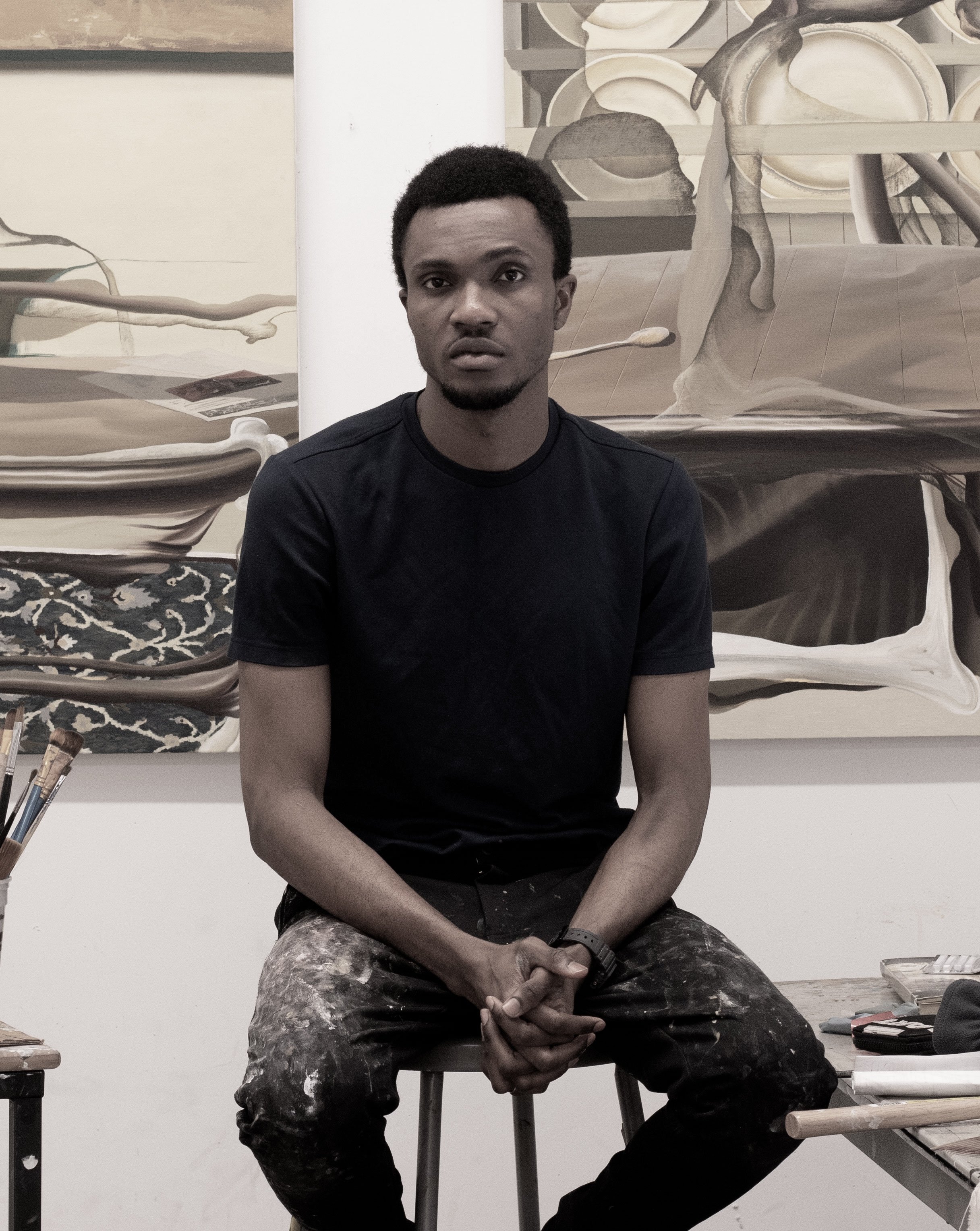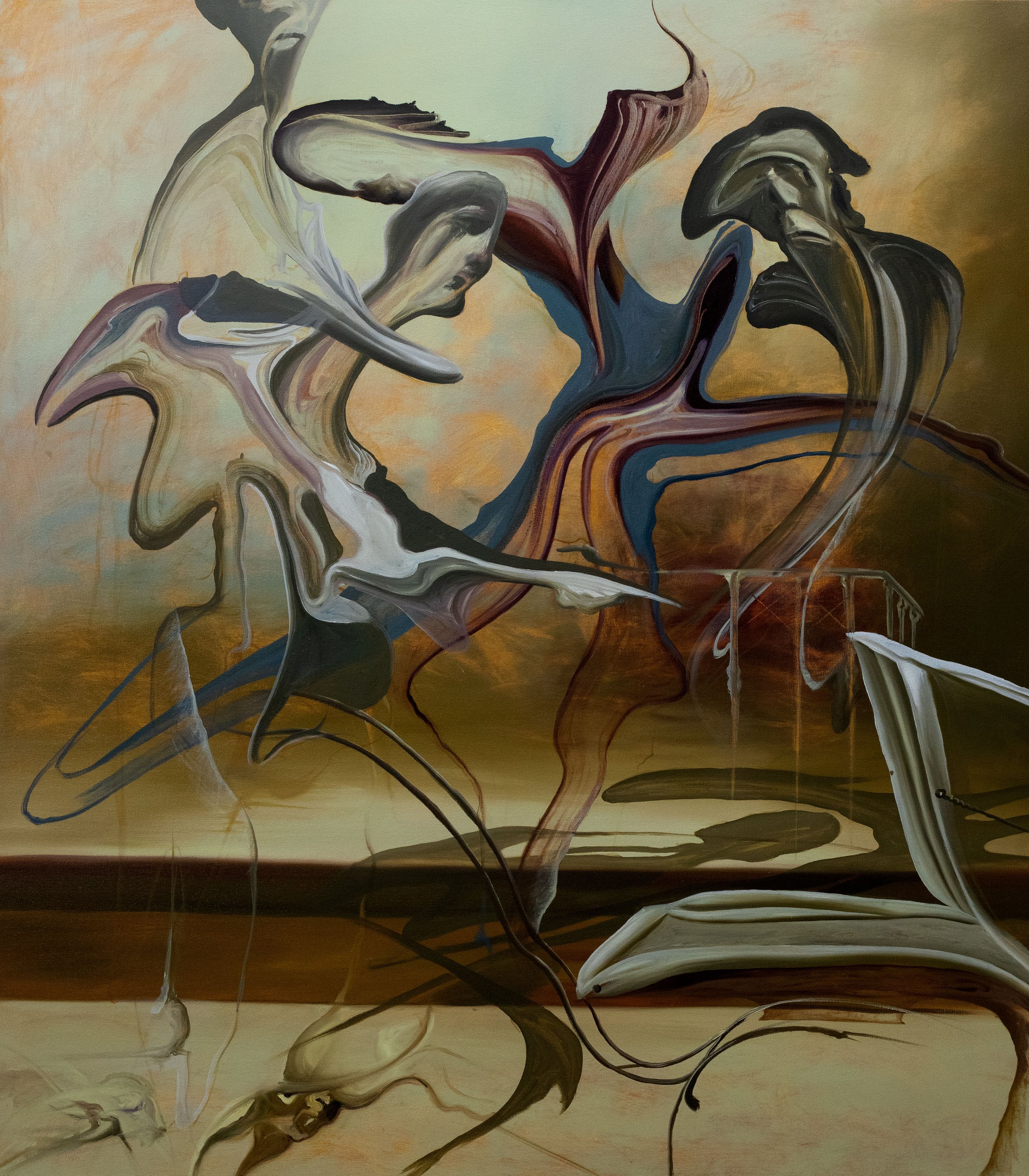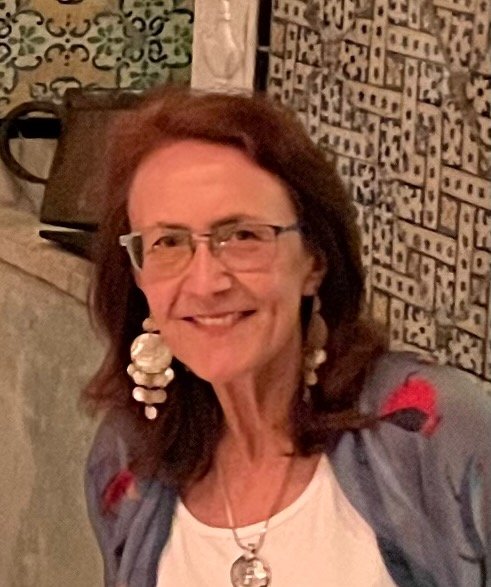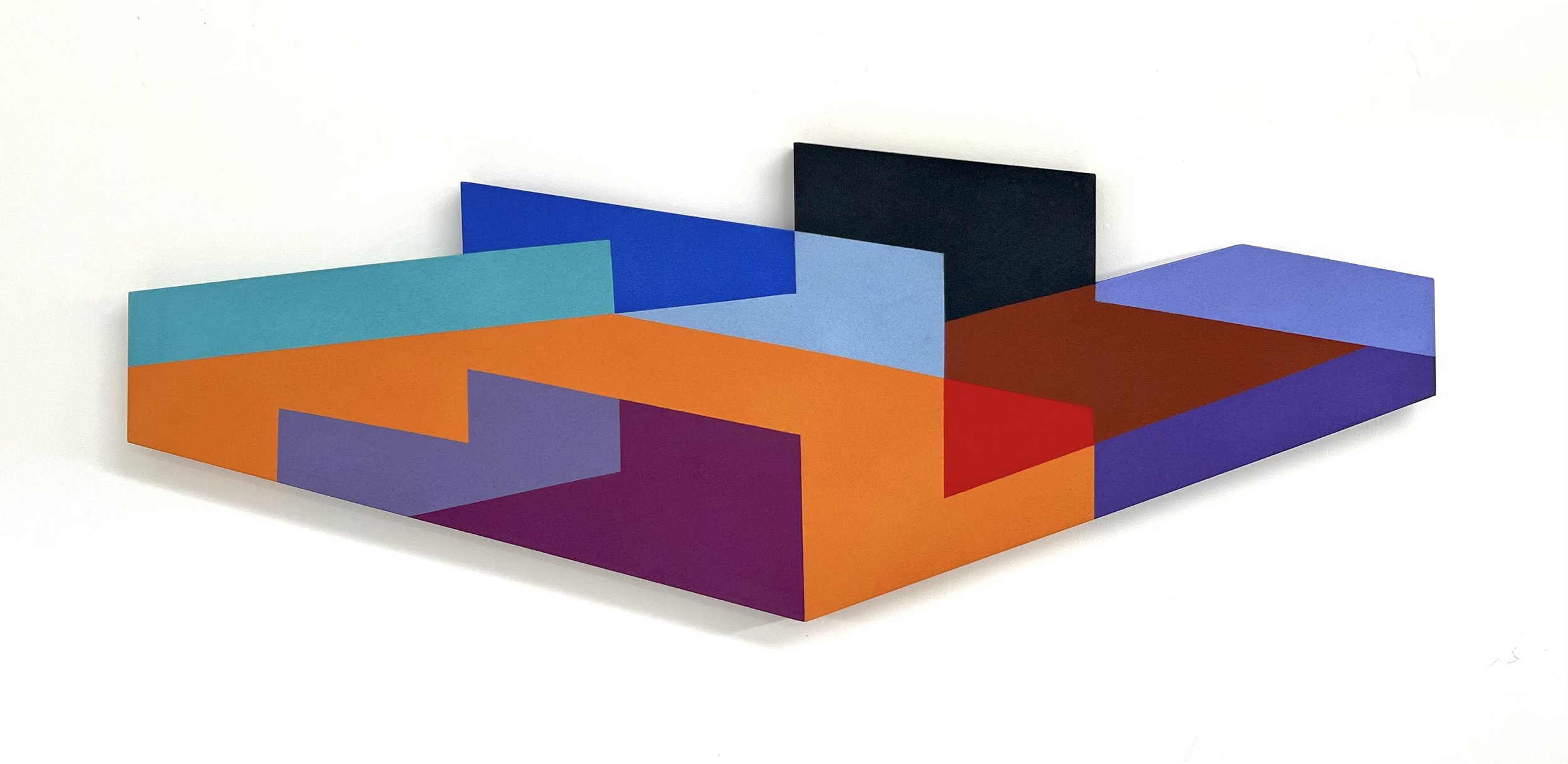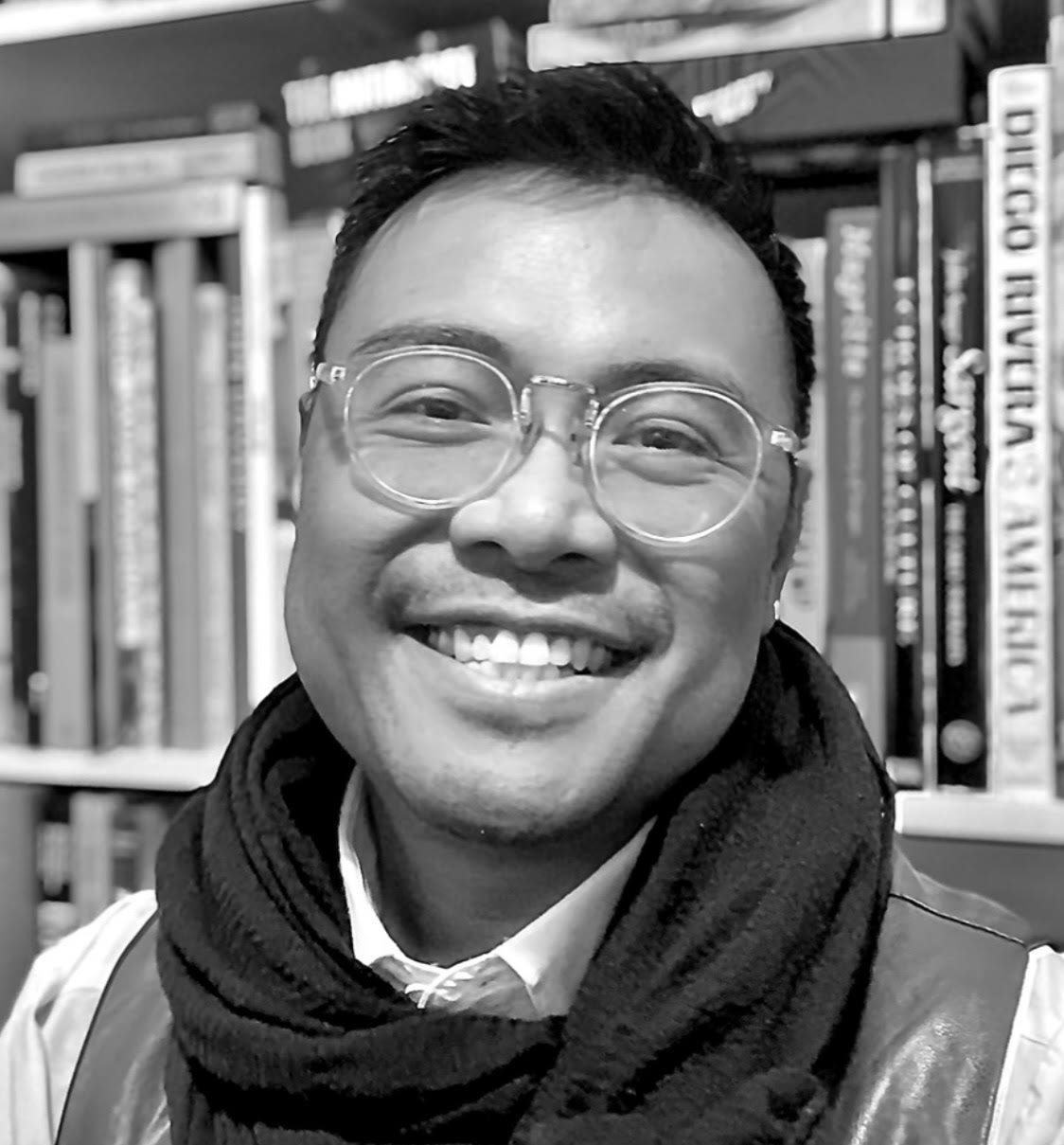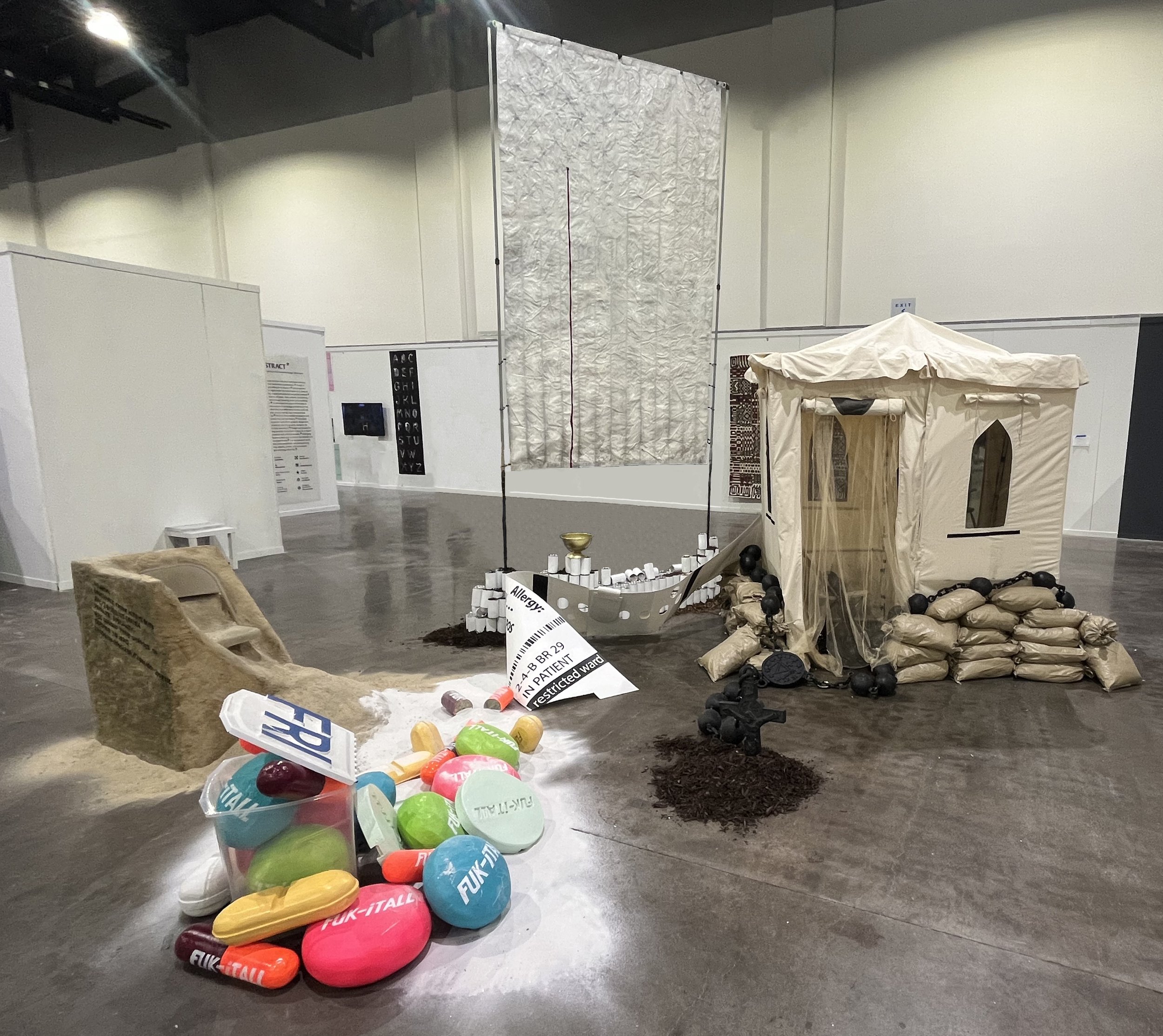Meet this month’s artists-in-residence!
Residency session: October 11th - November 7th, 2023
AND MARK YOUR CALENDARS FOR THIS Session’s OPEN STUDIO:
THURSDAY, November 2nd FROM 5-7PM
Grimaldi Baez
Yabucoa, Puerto rico
Grimaldi Baez is a multidisciplinary artist exploring the intersections of printmaking, drawing, and performance. His machines, drawings and collages are the result of reclaimed and recombined materials sourced from print shops, flea markets, scrap yards, comic books, classic cartoons and common vandalism. He explores questions and concerns pertaining to labor, technological deviance, and utopian historical narratives.
Solo exhibitions include Galeria Guatibiri in San Juan, PR; Indiciplinadas in Madrid, Spain; and Napoleon in Philadelphia, PA. Group exhibitions include Instituto de Cultura Puertorriqueña in San Juan, PR; La ENE in Buenos Aires, AR; and Iceberger Gallery in San Francisco, amongst others. Recent awards include the Scholarship for the Diversification of the Professorship at Tyler School of Art in 2015 and residencies at the Village for Art and Humanities and School of the Future, both in Philadelphia. Recent projects include Green Sun: Solar Literacy Program; Extension or Communication: Puerto Rico; and the Reform Project with Pepon Osorio; projects which explore the intersection of art and environmental/racial justice community organizing.
Howard el-Yasin
New Haven, connecticut
Howard el-Yasin is a New Haven, Connecticut-based interdisciplinary (sculpture/installation/performance) artist/curator/educator holding degrees from Maryland Institute College of Art '16, Wesleyan University, and New England College. el-Yasin's interests include feminist and queer theory, decolonization and performative practices.
Previous exhibitions featuring their work include A-Space Gallery, Asnuntuck Community College, ALL Gallery, Artspace New Haven, ArtWell, ATOM space at Chinatown, Campbellsville University, City Gallery, Concord Art Association, Creative Arts Workshop, Crit Haven, Eli Center of Contemporary Art, Five Points Annex, Guilford Art Center, Hans Weiss NewSpace Gallery, Hygenic Art, Kehler Liddel Gallery, Lotta Studio, Maryland Institute College of Art, Mill Street Project, Norwalk Community College, Real Art Ways, The Institute Library, Washington Art Association & Gallery, and Wesleyan University.
Aparna Sarkar
Brooklyn, NY
Aparna Sarkar (b. 1992) is an Indian-American painter living and working in Brooklyn, NY. She holds an MFA in Painting from the Rhode Island School of Design (2021) and a BA in Mathematics from Pomona College (2014). Awards include selection for the 2022 Saatchi Art Rising Stars Report, a 2022 residency at the Jentel Foundation, inclusion in the 2019 editorial selection of Art Maze Magazine, and the 2018 Meredith Morabito and Henrietta Mantooth Full Fellowship to attend Woodstock Byrdcliffe Guild. Aparna has shown across the US, recently at spaces such as Peep Projects in Philadelphia, The Pit L.A., and 1969 Gallery in New York.
Winnie van der Rijn
Cambridge, Massachusetts
Winnie van der Rijn is a multi-disciplinary artist of opportunity– collecting materials, experimenting with techniques and pursuing her curiosities. Her art practice includes textiles, sculpture, collage and collaboration (which she considers its own art form). She plays well with others. Winnie actively exhibits her work throughout the United States and internationally.
”My most recent body of work ‘How to Dismantle the Patriarchy’ is an examination & deconstruction of the power in menswear. Motivated by the increase in false news, a daughter graduating college & menopausal rage, I decided to conduct an artistic but completely junk science examination of the power in menswear. I pushed forward my narrative that the power was in the clothes. Then I stripped the power away through an iterative intervention, thereby dismantling the patriarchy one shirt at a time. To do this I leaned on my traditionally female, very domestic skills of sewing, weaving & embroidery. Subversive stitching as an act of rebellion. I’ve created an army of 100 shirts. In August 2022, I created a pop up museum - The Museum of Natural Consequences - to exhibit this project in NYC. It seems I am constantly trying to reconcile my leftist Berkeley education and deeply feminist core with my military upbringing.”
Malaika Temba
New york, New york
Malaika Temba is a textile artist based in Brooklyn, NY. Born in Washington D.C. of Tanzanian and American heritage, Temba grew up across Saudi Arabia, Uganda, South Africa, Morocco, and the U.S (MD, RI, NY). Temba’s lens and creative process are global, nourished by these experiences. Temba graduated with a BFA in Textiles from the Rhode Island School of Design in 2018 and is currently an adjunct professor there in the Textiles Department.
“In the realm of seeing and feeling, there exist intricate layers, profound connections, and enduring paradoxes. My chosen medium is textile art, encompassing woven, knit, and silk-screened fabrics, harmoniously merged into textile collages. My artistic perspective is shaped by a global upbringing across Tanzania, Saudi Arabia, Uganda, South Africa, Morocco, and the United States. I layer paints, stamps, stencils, and embroidery on innovative fabrics to distill emotional ideas and convey historical truths. The scale of my work invites viewers into immersive experiences, evoking contemplation of broader cultural systems. It explores the tension between contemporary graphic design, fast advertising, and machinery, and the historic, tactile ancestral techniques. Textiles naturally express the beauty of human labor, shedding light on gendered notions of softness in relation to textiles, domesticity, and physical labor. My work reflects the responsibility, time, and patience in labor and care traditionally expected of women in nurturing roles.”
Aida Lizalde
MExico City, mexico
Aida Lizalde is a Mexican artist whose practice is deeply rooted in their cultural background, immigration experience, and upbringing in a multi-faceted agricultural family project that included raising goats and honeybees, and harvesting pecans. Their work explores themes of metabolization, the inner workings of the body, and the ways in which it struggles to metabolize the vast array of data that it processes in relation to post-colonization, generational memory, identity, disease, and trauma. Through systems that drip, rot, and dissolve, Lizalde investigates the complex interplay between the physical and the psychological, and the natural and the artificial, alongside the potential for harmony and failure in these relationships.
Lizalde's use of materials arises from sensorial memories of their upbringing, such as digging her hand into a bucket of raw beans, scraping the yellowing crust of handmade cheese, or kicking the red clumps of dirt off her shoes in their grandfather’s ranch. Lizalde's sculptures and installations are created using ceramics, found objects, and biomatter like milk, pinto beans, hair, bacterial cultures, and guajillo peppers. They are hybrids that exist in spaces of transformation like a stomach becoming a tree trunk, an intestine becoming a territorial marker, or a pot becoming an anthropomorphic machine.
Luke Agada
Chicago, Illinois
Luke Agada, (b. 1992, Lagos) is a Nigerian artist living and working in Chicago. His practice examines themes of globalization, migration and cultural dislocation within the framework of a postcolonial world, as he reflects on the African diaspora and its impact on neo-cultural evolution. He obtained an MFA in Painting and Drawing at the School of the Art Institute of Chicago in 2023. In recent years, Agada has participated in shows in Lagos, New York, Accra, Berlin, Casablanca, etc. His work has been published in several journals and magazines including The Pinch Journal publication at the University of Memphis, Tennessee and Nigerian Art archives. He has also been a recipient of various awards and fellowships including the global warming international art prize, AII, New York in 2020, Janet and Russell Doubleday Award at The Art Students League of New York in 2022, The Helen Frankenthaler Award at SAIC in 2022, and The James Nelson Raymond Fellowship Award in 2023.
Mokha Laget
Santa fe, New mexico
Mokha Laget is a New Mexico-based painter known for her geometric abstractions on shaped canvas. A passionate colorist, Mokha was born in North Africa, a region of radiant light and dramatic geographical contrasts. Inspired by her Berber roots as well as vernacular architecture encountered in her studies and travel, her work explores the “gentle chaos” of perceptual and spatial ambiguity.
Initially trained in old master’s techniques in the south of France, she then studied Fine Arts at the Corcoran College of Art and Design in Washington DC. During her years in DC, she worked as a professional artist and studio assistant to painter Gene Davis, a prominent member of the Washington Color School (WCS). She holds a degree from Georgetown University’s School of Foreign Service in simultaneous interpreting and has spent much of the past 25 years traveling parts of Africa, Latin America, and Asia.
Julius Cavira
Pawtucket, Rhode island
Julius Cavira is an American multidisciplinary conceptual (painting, drawing, sculpture, design, etc.) artist/ writer/comedian who has earned degrees from the School of the Art Institute of Chicago (BFA) and the Rhode Island School of Design (MFA), and is going for his second masters in Art Education. He is a two-tour O.I.F. war veteran and served in AmeriCorps, Camphill, YMCA, and Little Sisters of the Poor. Cavira performs his self-deprecating standup and improv locally in Providence, Rhode Island. He has been featured in magazines, published as a guest columnist in various papers, and currently blogs on Medium.com. Cavira was awarded artist residencies at Haystack, Anderson Ranch, Bunker Projects, etc. Cavira’s conceptual work is cathartic as well as ubiquitous in society. His pieces delve into various experiences with the military, social services, the developmentally disabled, the elderly, the youth, etc. Current topics include his perspectives on war, religion, therapy, stock exchange, suicide, in-patient wards, BIPOC, and Asian Male Hate issues. Exhibits featuring Cavira’s work have been shown at The United States Capitol, Museum of Contemporary Arts of Chicago, School of Art Institute of Chicago, Rhode Island School of Design Museum, St. Botolph Art Club, Providence Art Club, The Figge Museum, University of Chicago, University of Alaska in Anchorage, Veterans Memorial Commission, Quad City International Airport, etc.

